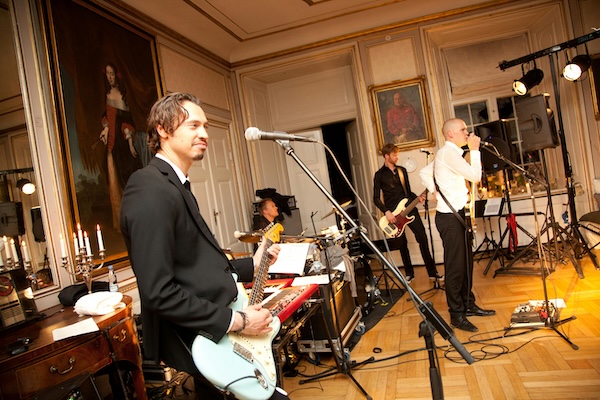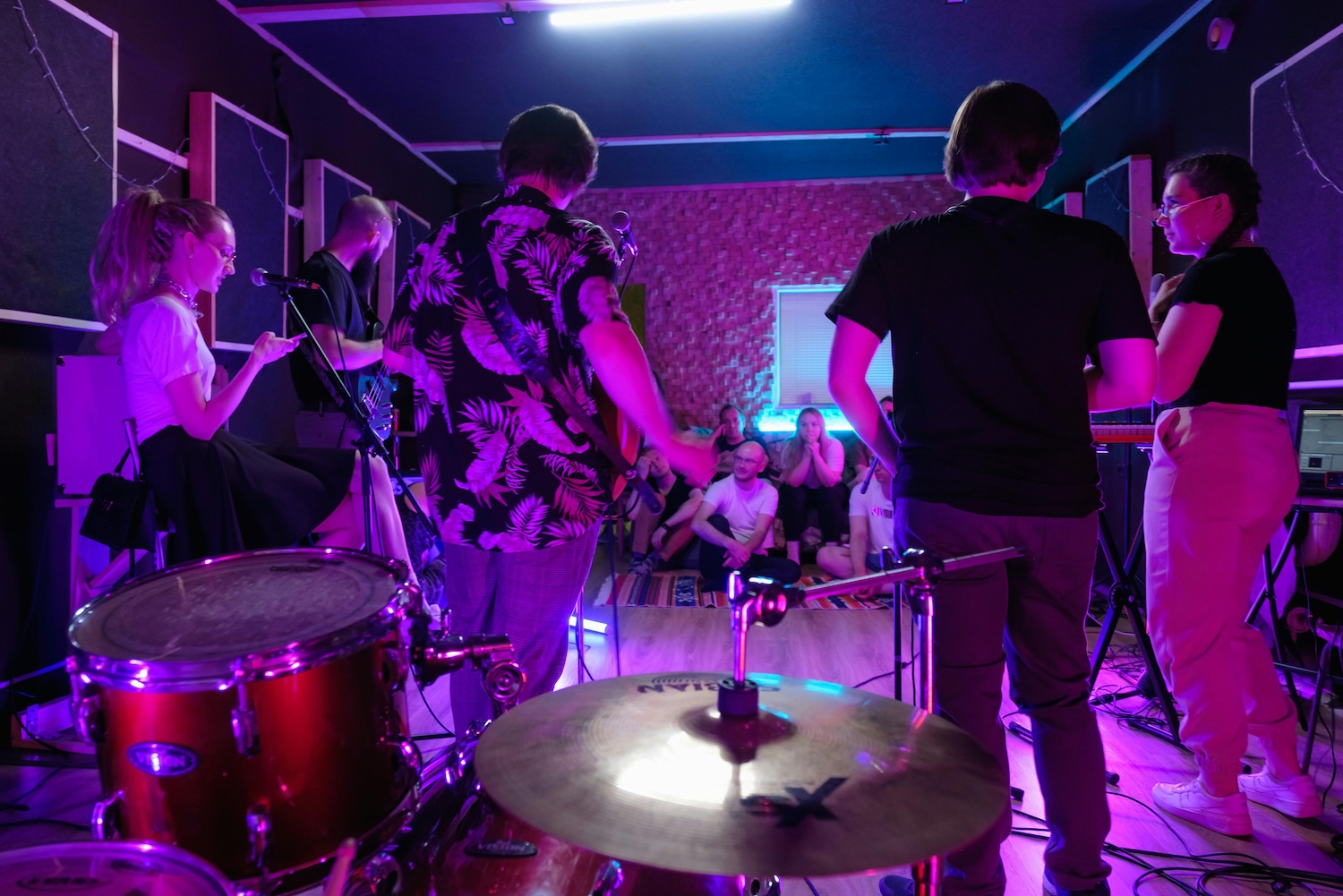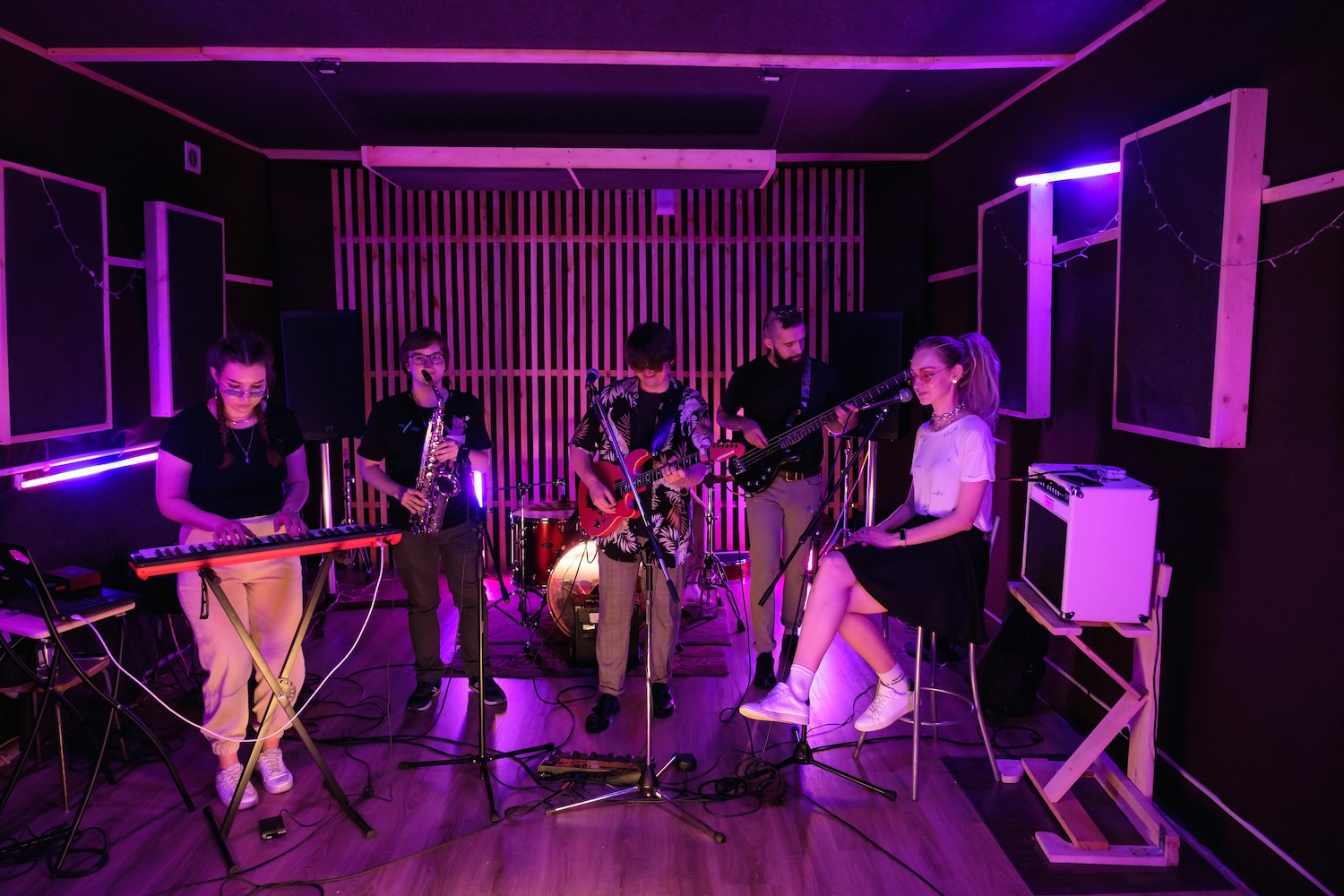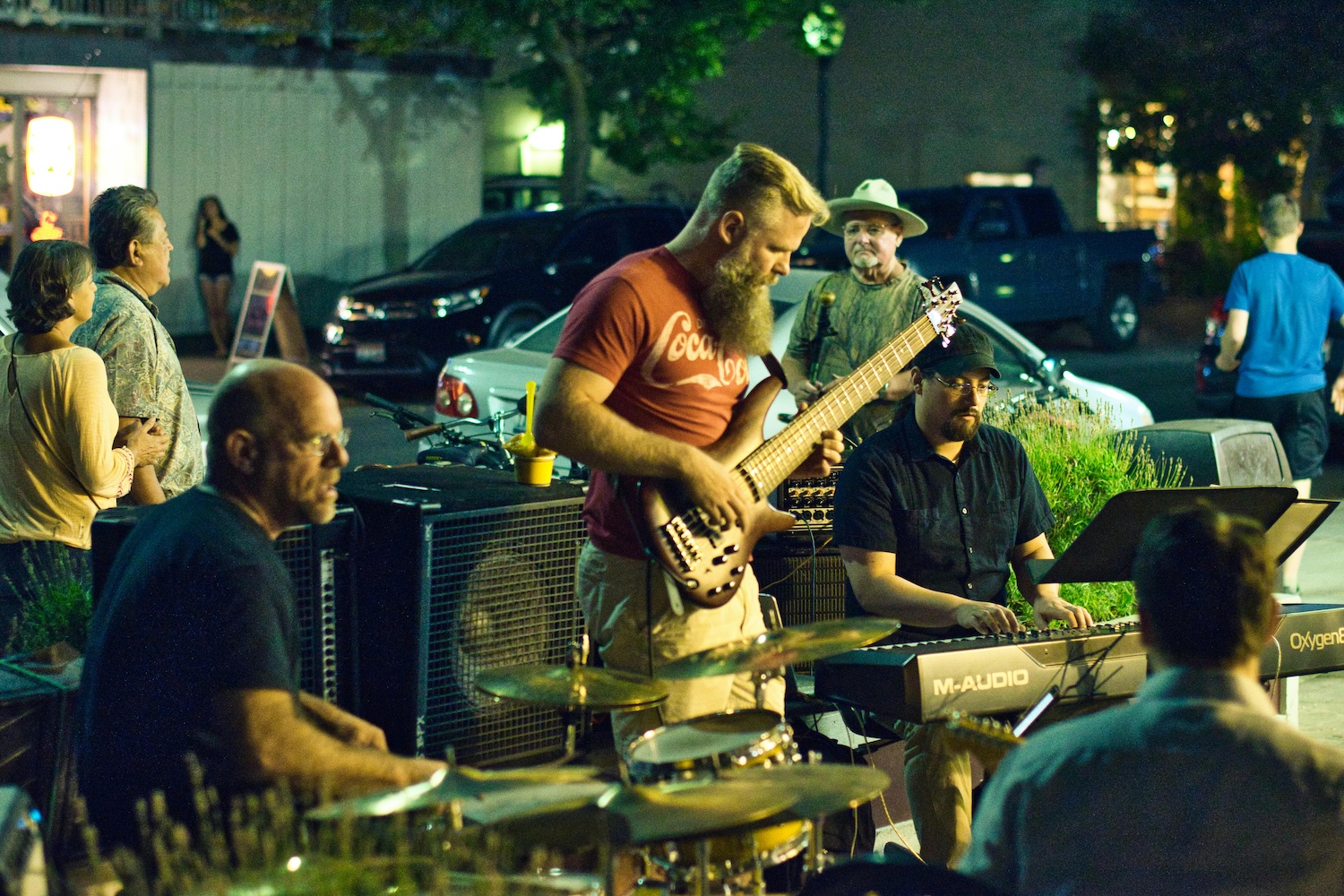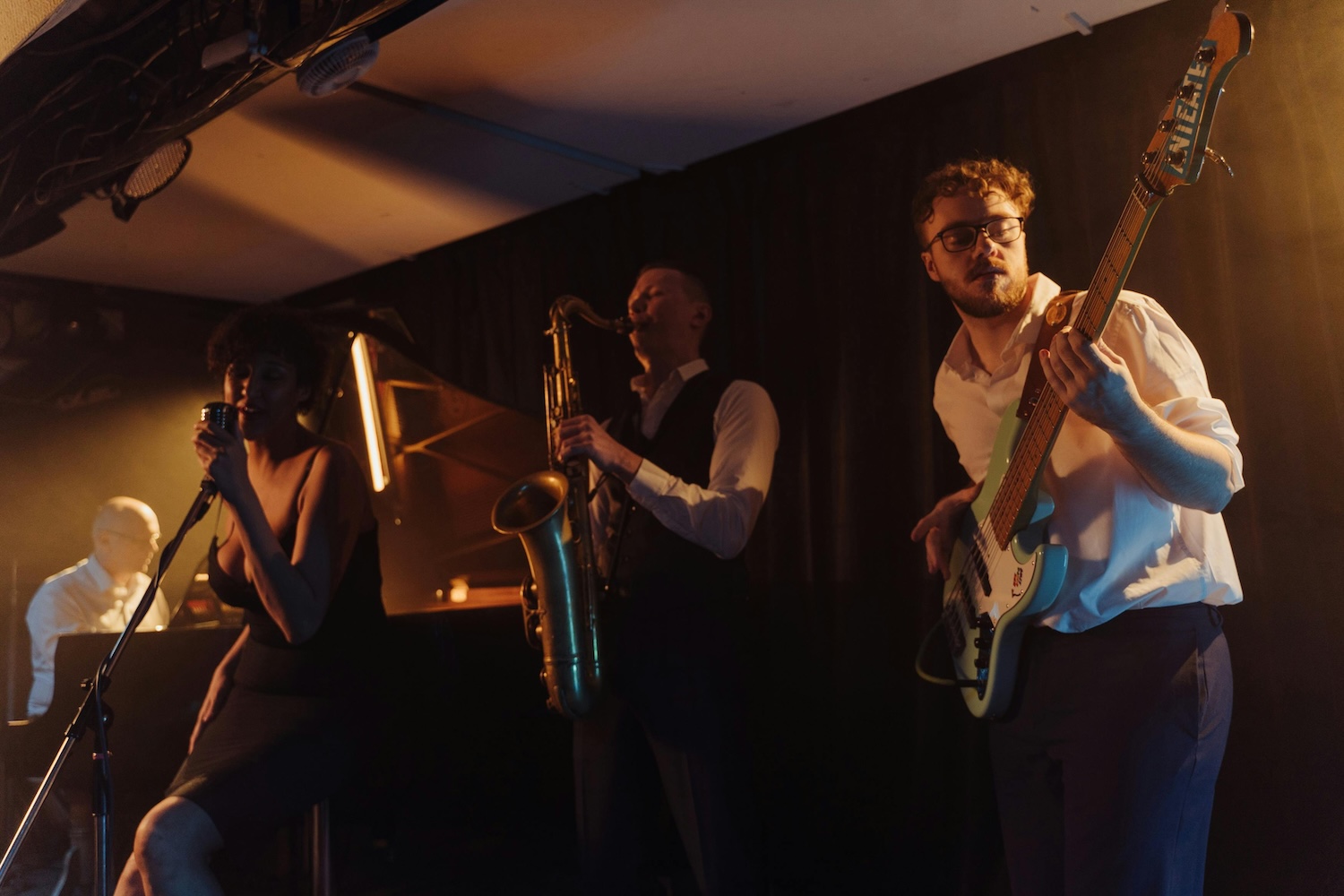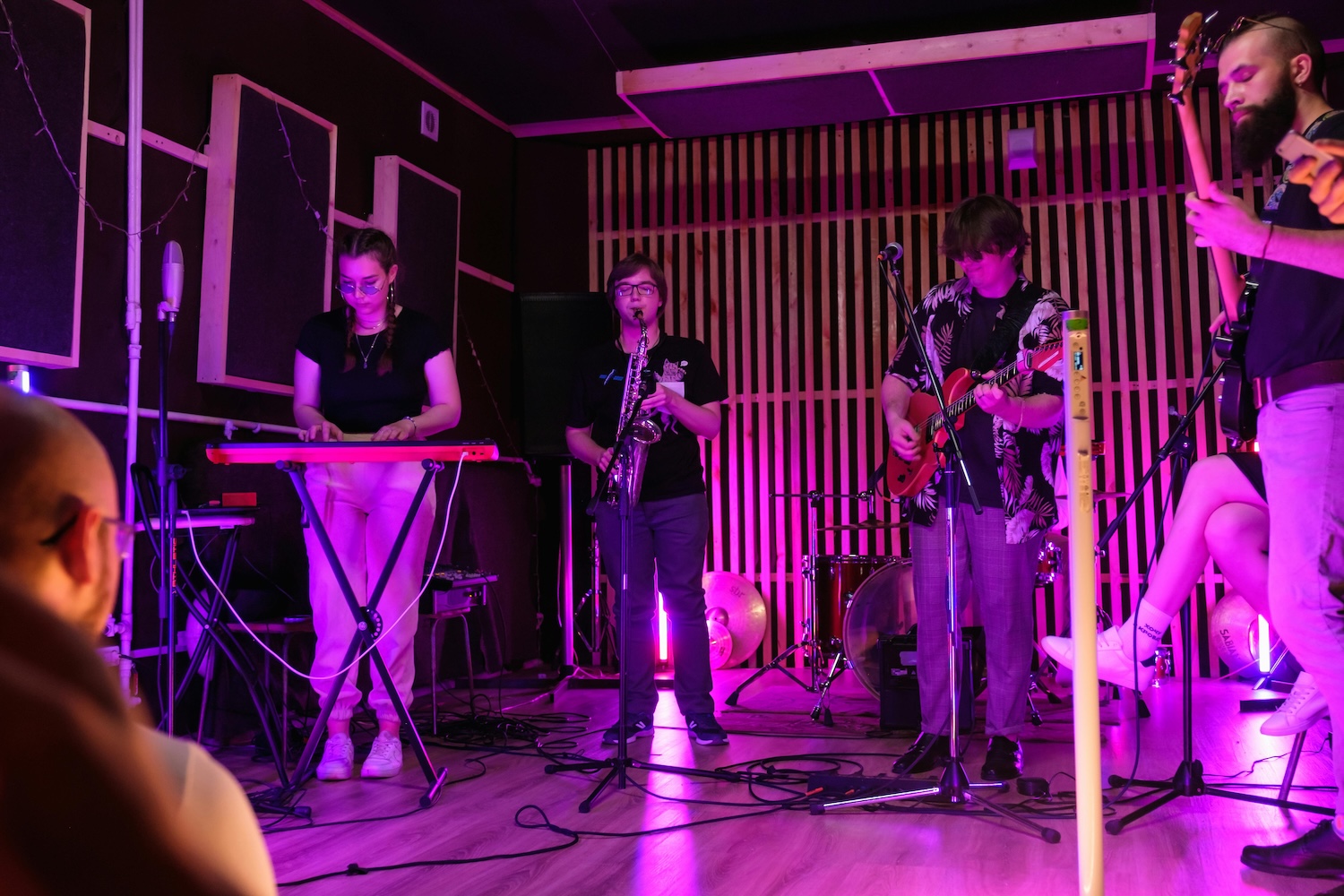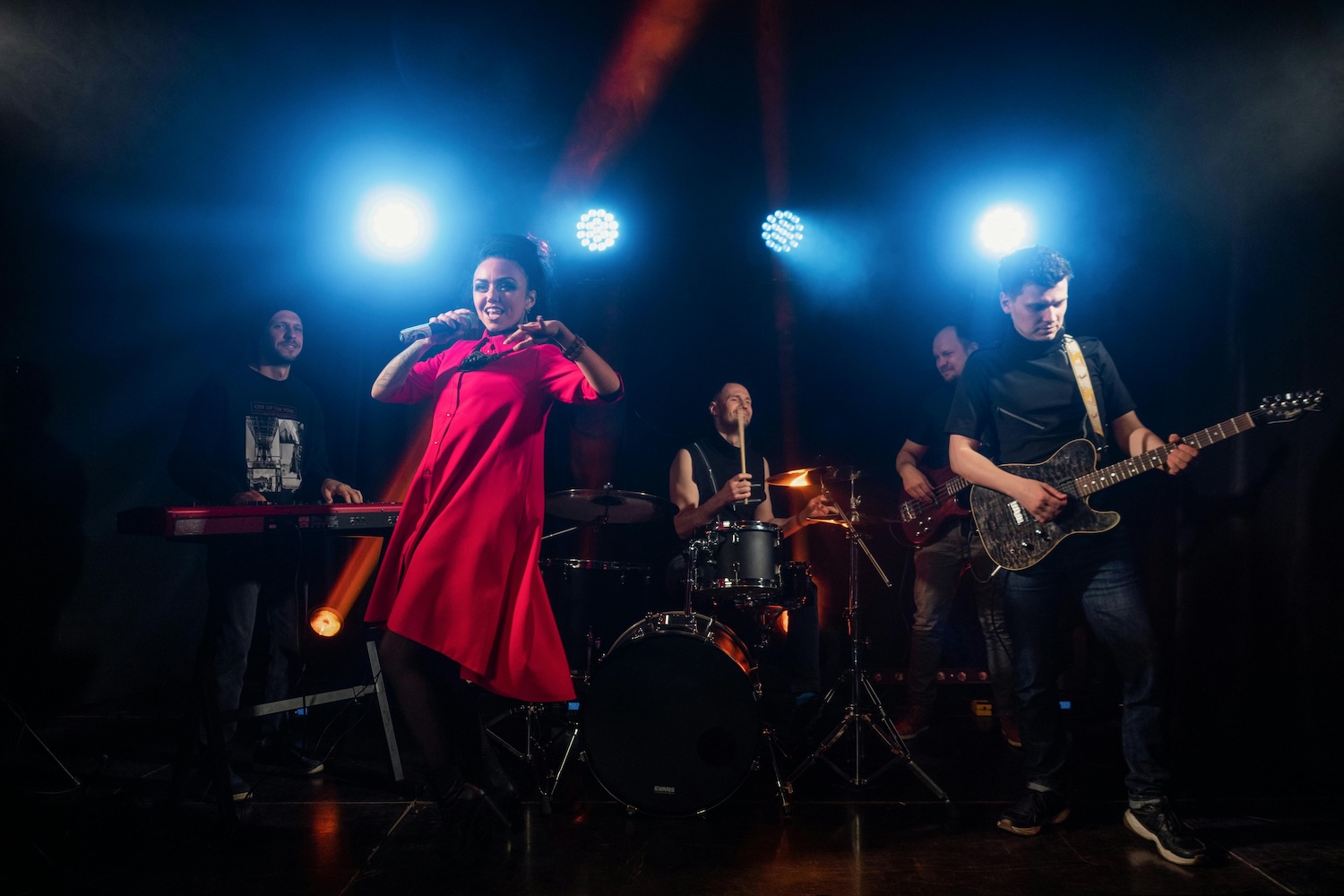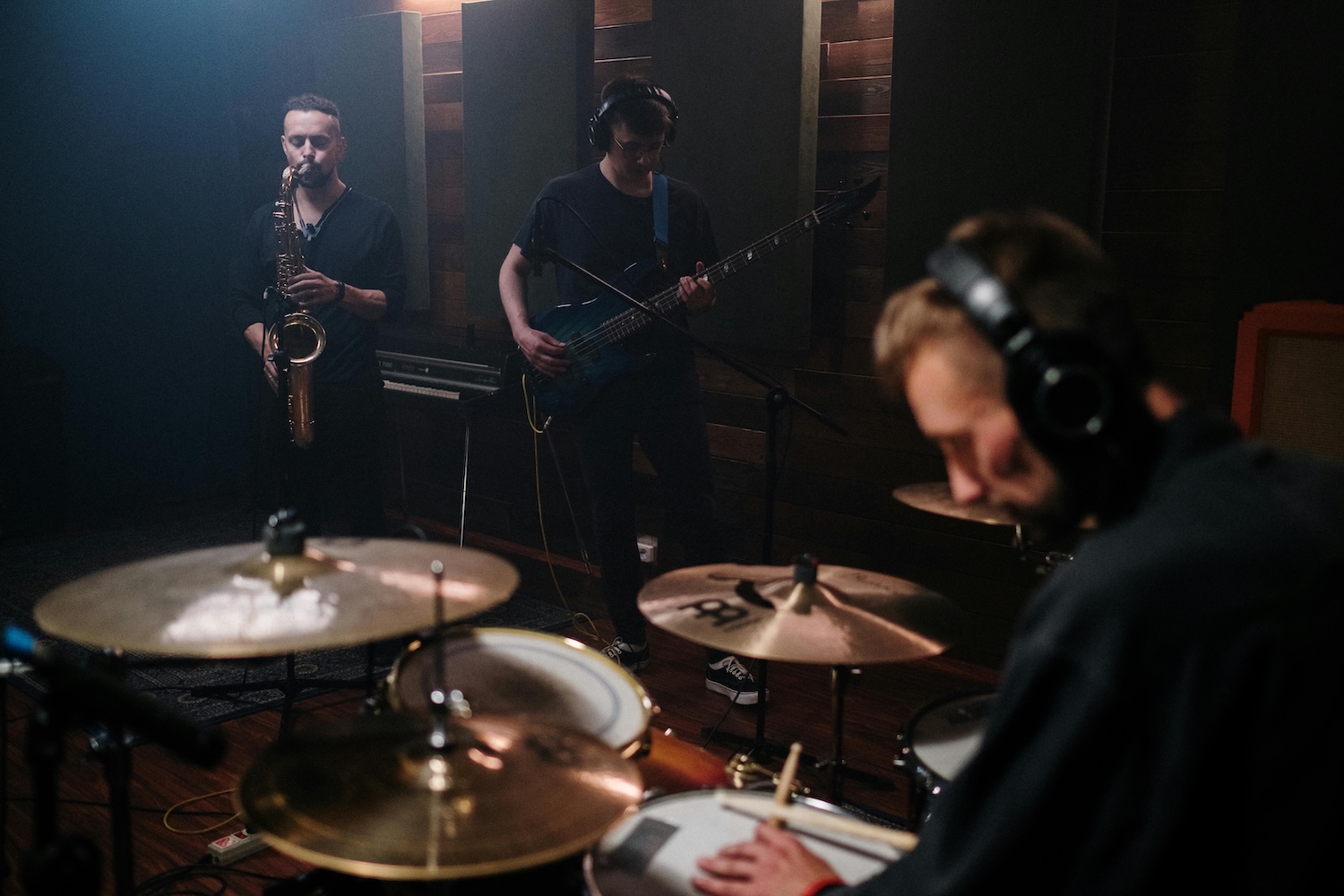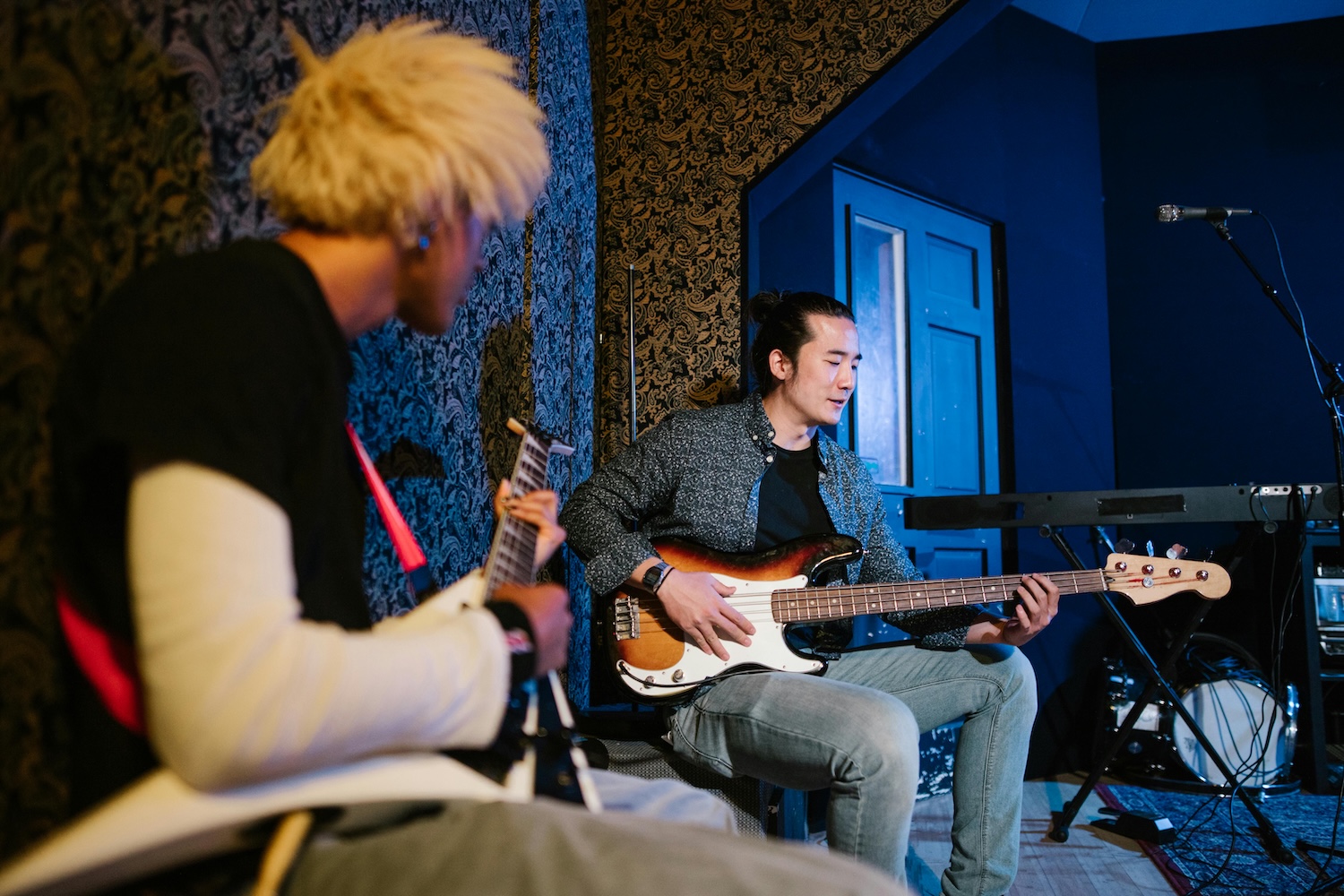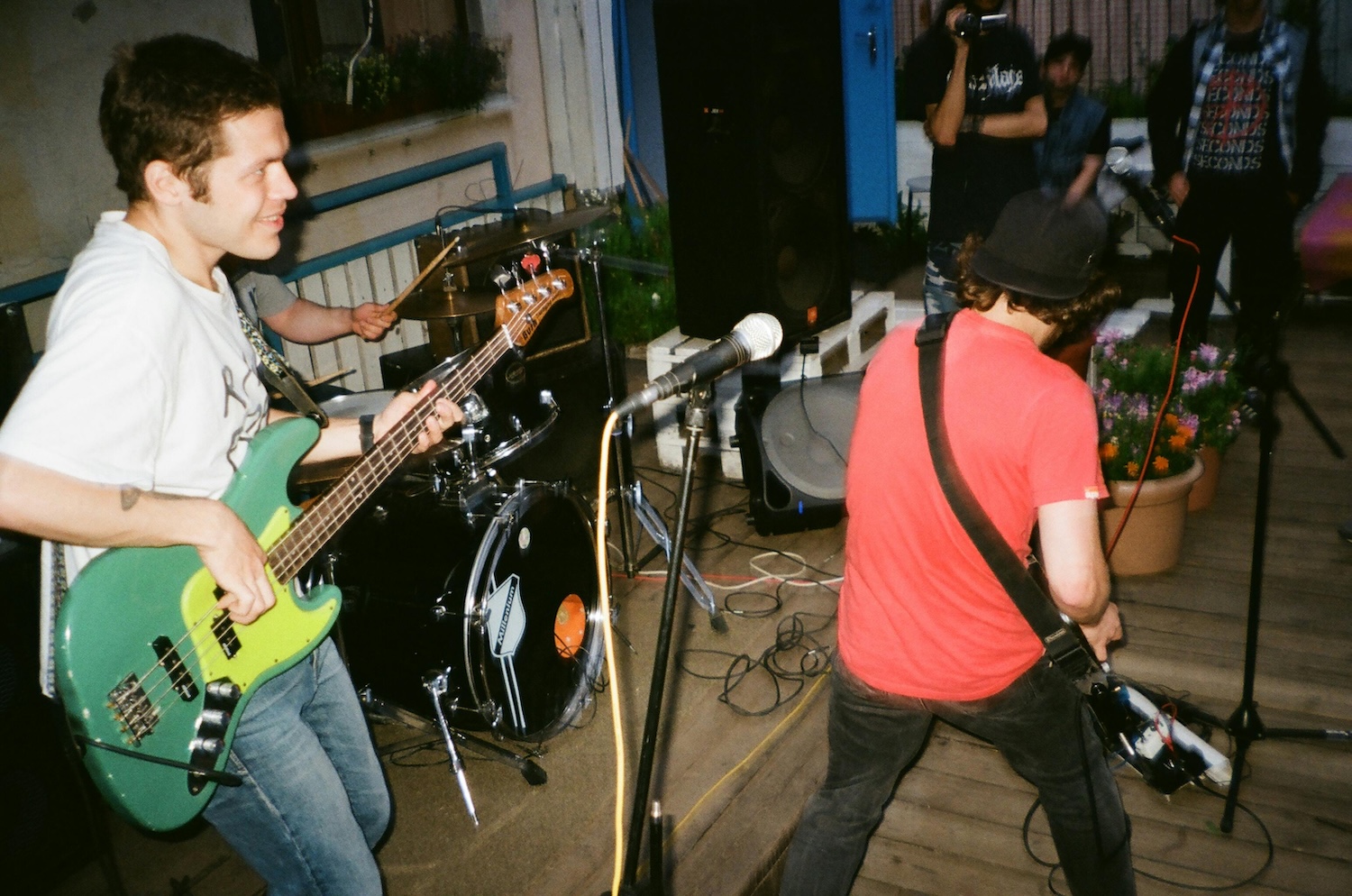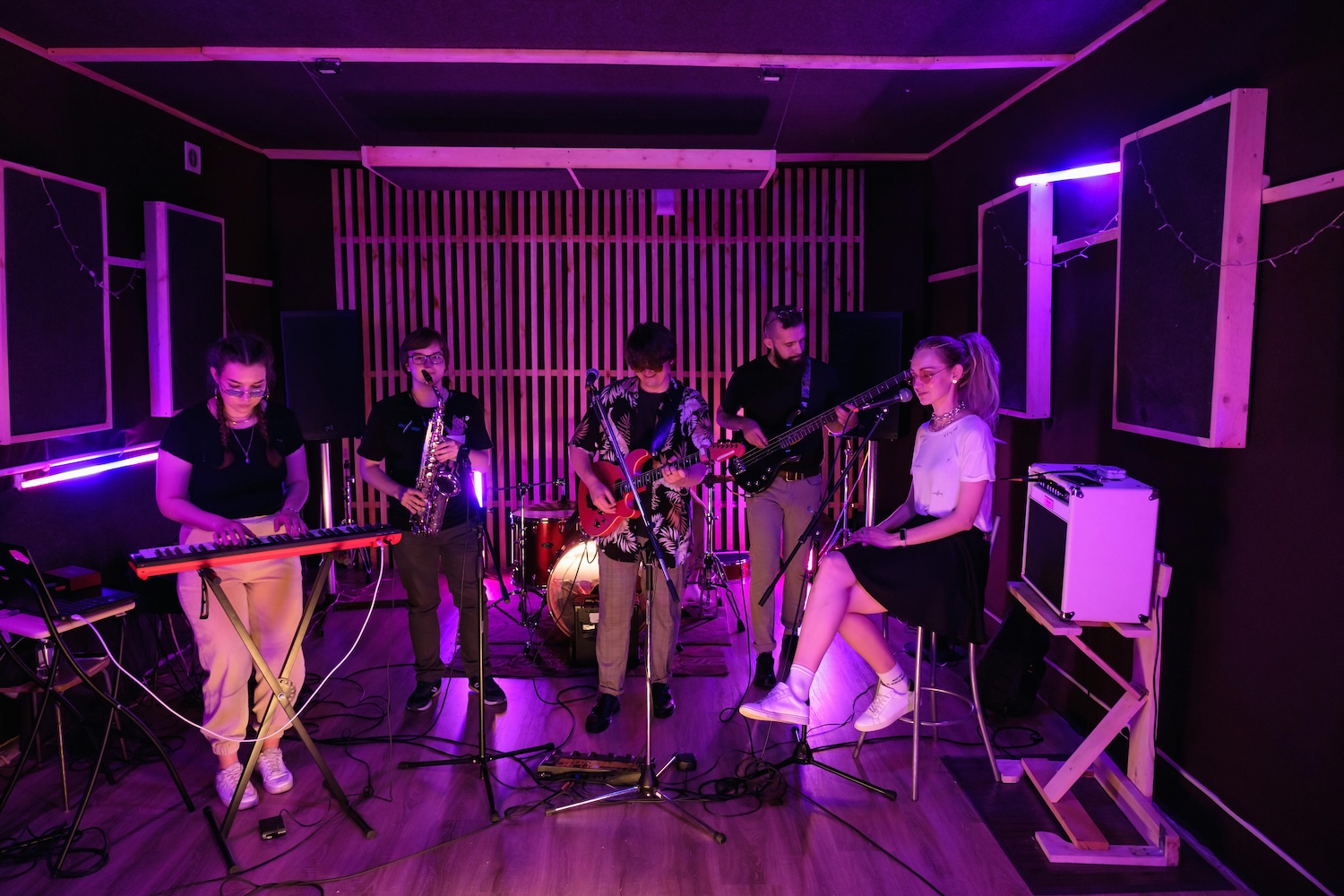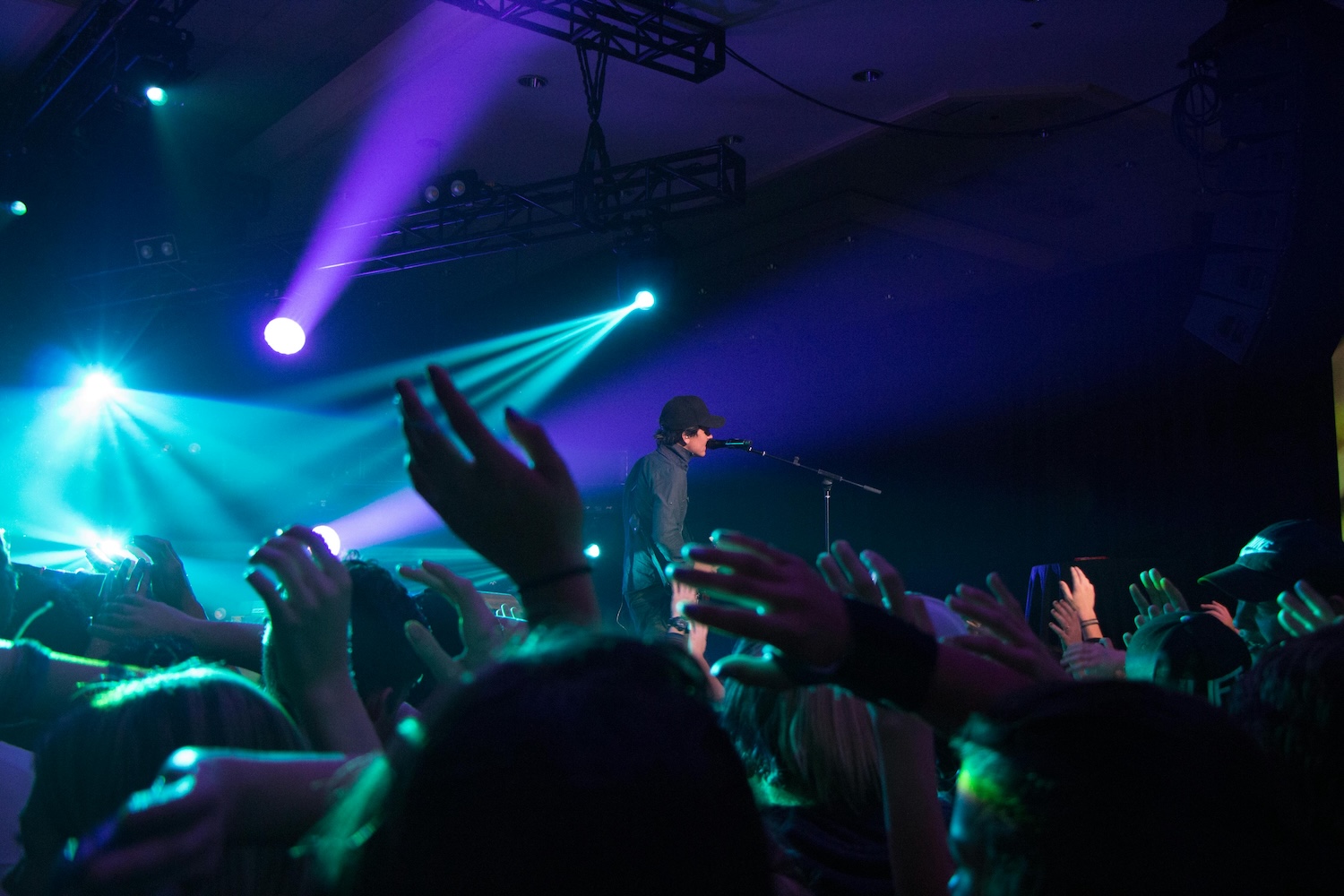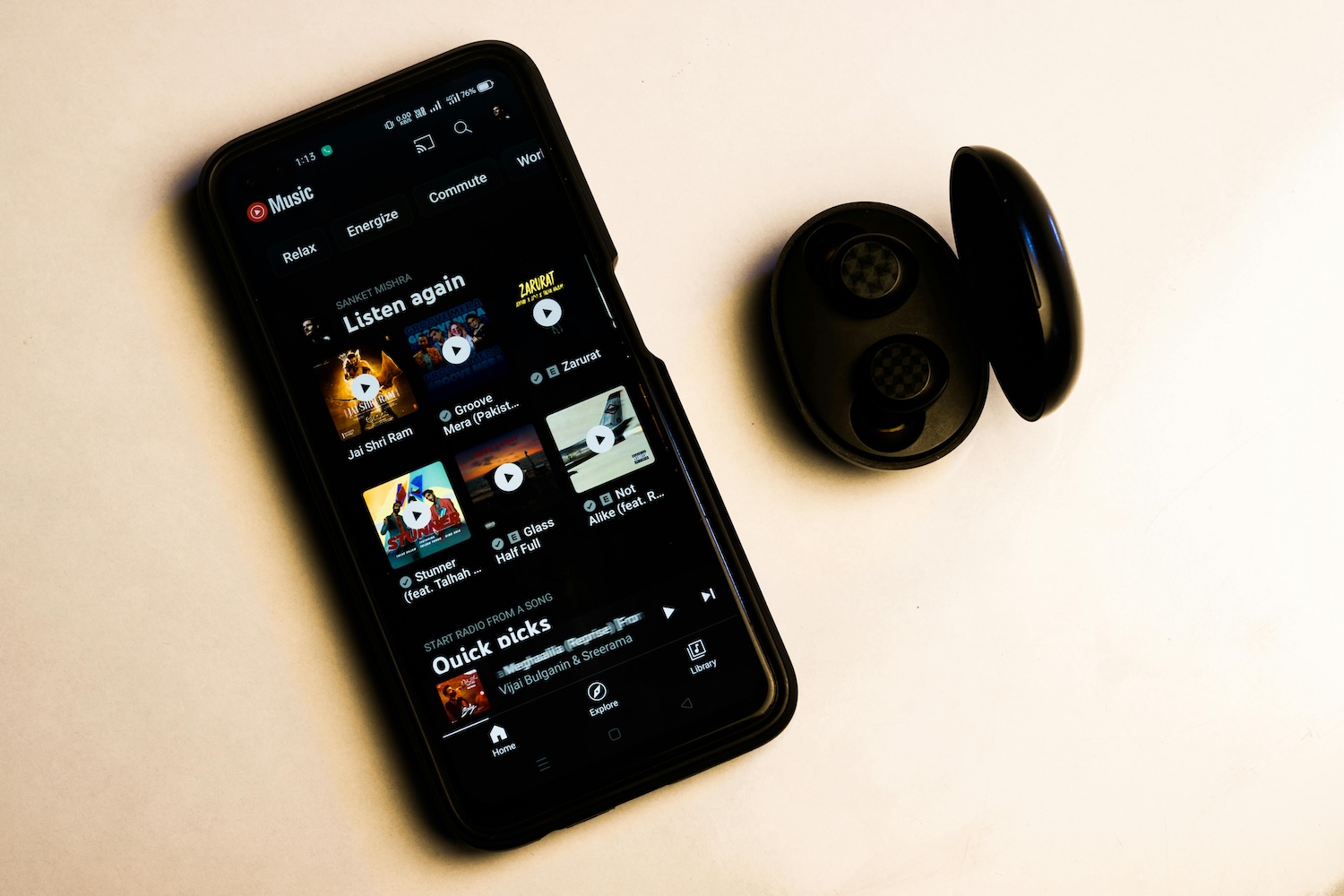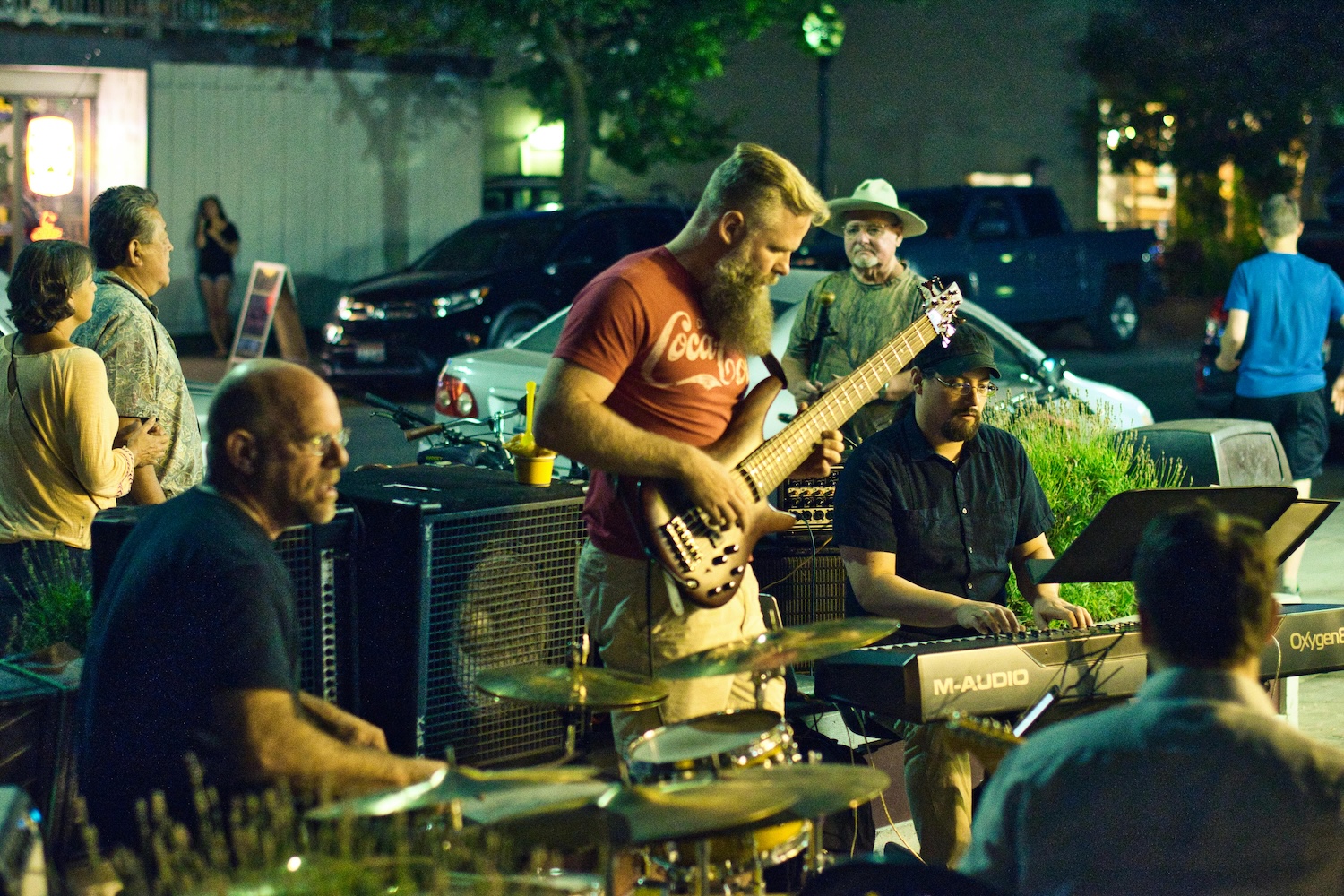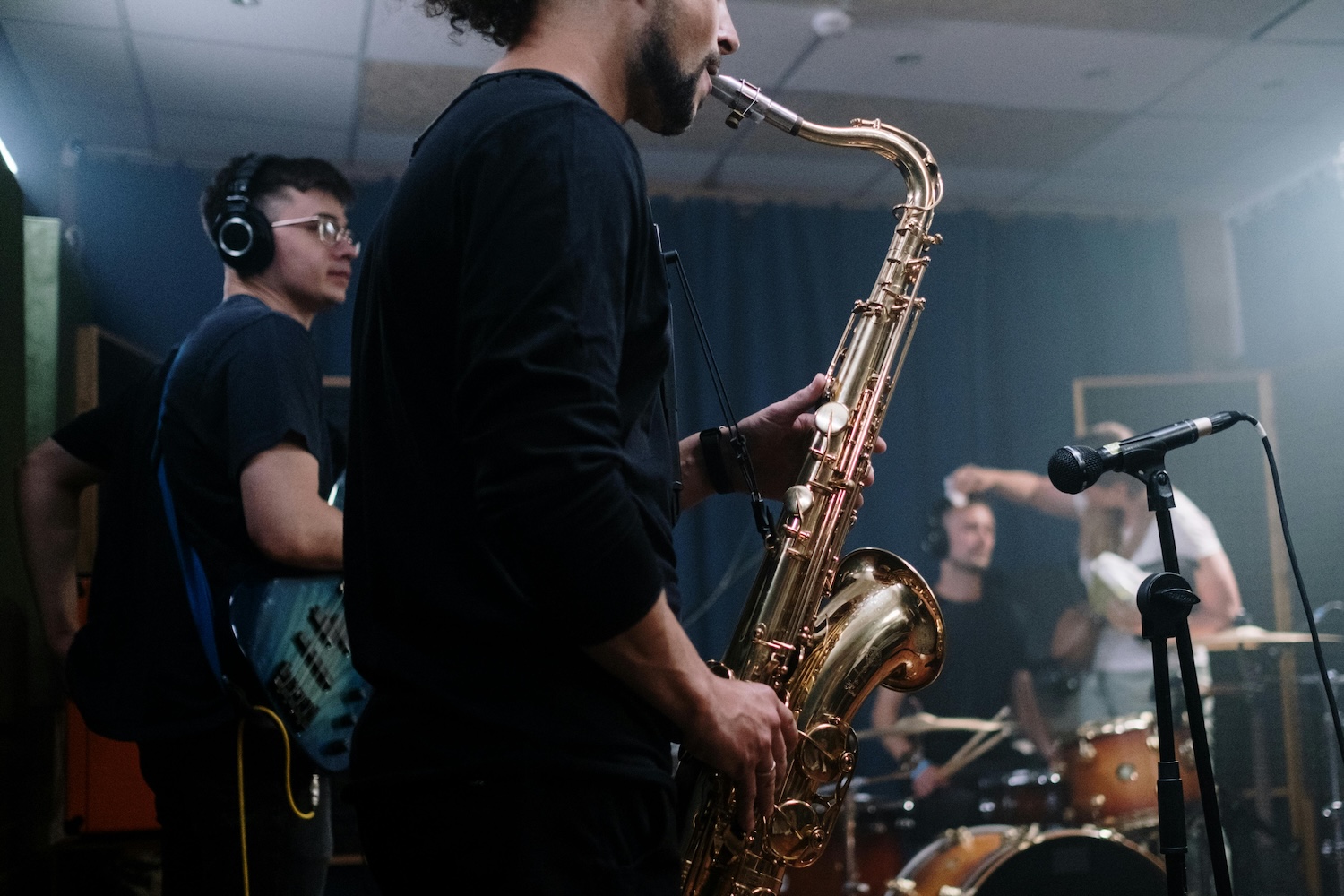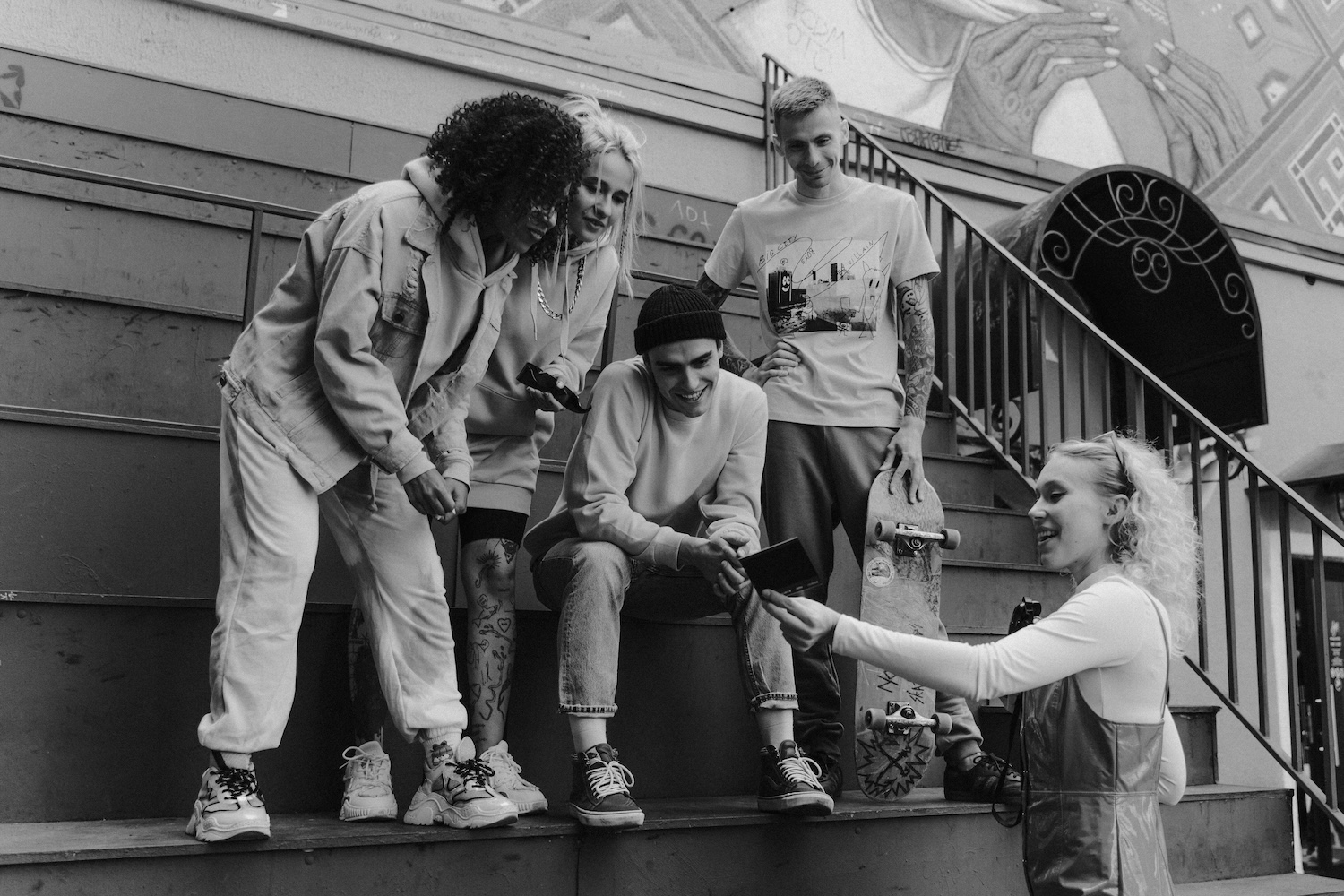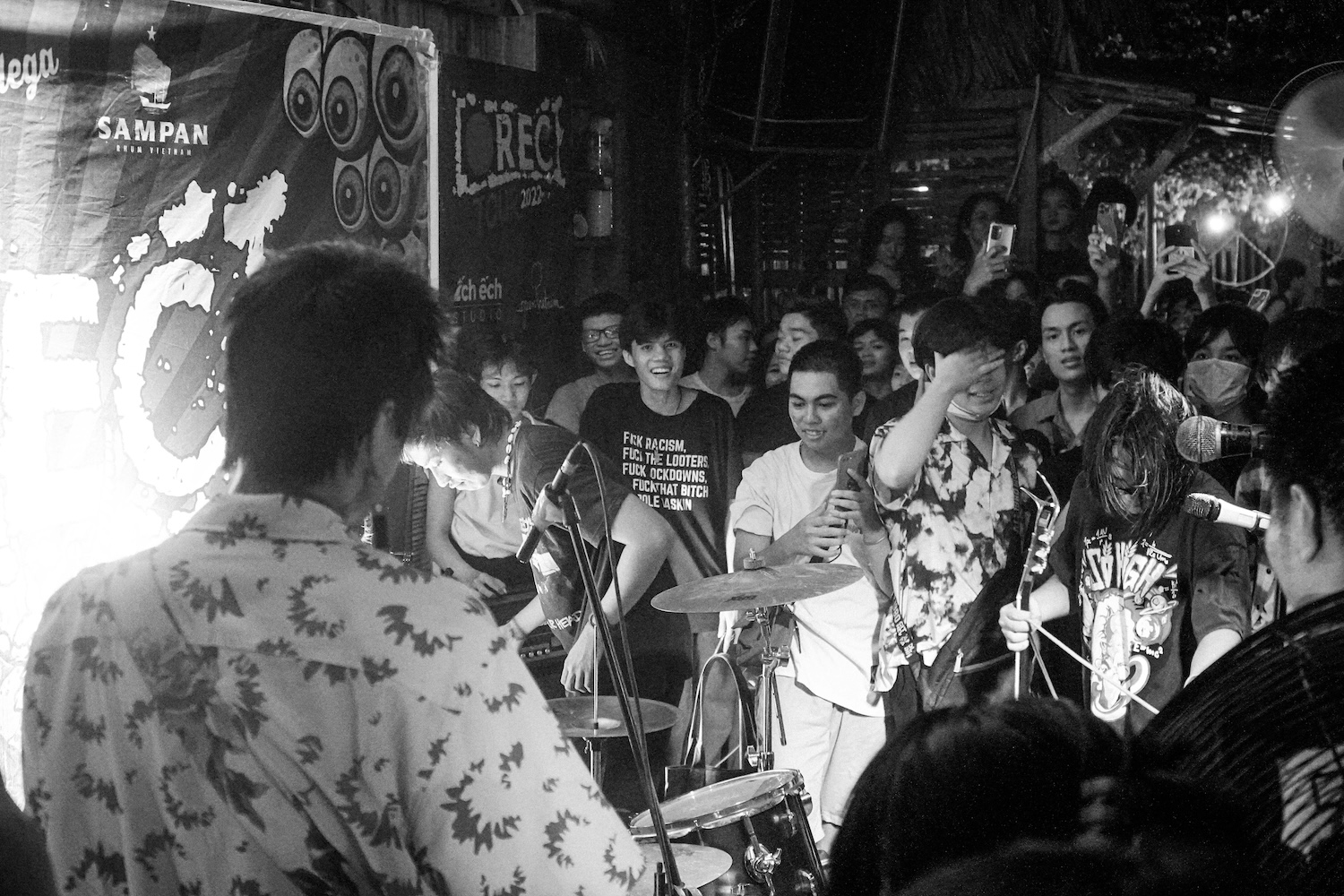From the Rehearsal Room to the Stage: How to Get Booked as a Support Act
Landing a support slot for a more established act can be a game-changer. It gives you exposure to new audiences, puts you on the radar of venues and bookers, and builds your live experience in a real-world setting.
But how do you actually get there? In this post, we’ll walk you through exactly who to contact, how to craft a strong pitch, and how to build the network that gets you noticed.
1. Understand the Role of a Support Act
Support acts aren’t chosen at random. Promoters and headliners look for openers who:
- Match the main act’s genre and audience
- Are reliable, professional, and easy to work with
- Can deliver a great live performance—without stealing the spotlight
Being a support act is about complementing the evening, not dominating it. If you respect the role and perform well, you'll be remembered and invited back.
2. Who Should You Contact?
There are several ways to land a support gig, depending on the type of show and how it’s booked:
- The venue’s booker, especially for local shows
- The headliner’s manager or booking agency
- The headliner themselves, particularly for smaller or mid-level acts
- Independent booking agents, who sometimes bundle support acts with tours
Start by researching who’s in charge of booking. Use tools like Beatnickel or social media to identify and connect with the right people.
3. How to Write a Good Pitch
A good pitch is short, clear, and shows why your band is the right fit for the show. Think of it as a job application for your band.
Your message should include:
- Who you are (band name, genre, location)
- Why you’re a great match for the main act or event
- What experience you’ve had (previous gigs, support shows, festivals)
- A direct link to your music—and preferably a live video clip
Example pitch:
Hi [Name],
My band Echo Valley plays alternative rock and we’re based in Aarhus. We’ve followed [Headliner] for a while and believe there’s a strong crossover between our audiences. We’d love to hear if there’s an opportunity to support you on May 12th at Musikhuset.
We’ve previously played support for [Band Name] and performed at [Festival Name]. We’re known for delivering tight, high-energy shows with our own gear and setup.
Here’s a short live video (2 min): [link]
And our latest single: [link]
Looking forward to hearing from you!
Best regards,
[Your Name]
4. Build Your Network – It’s Key
Many support slots go to artists who are already visible in the scene. That means:
- Playing live regularly—so bookers and bands notice you
- Being present at shows, industry events, and local venues
- Using social media to interact with others and share your journey
It's not about being pushy—it’s about being present and active in the community so people think of you when opportunities come up.
5. Got the Gig? Be Professional
If you land the job, show up prepared and make a great impression:
- Arrive on time and follow the schedule
- Have your gear ready and be flexible
- Respect the headliner, the crew, and the sound engineer
- Promote the show on your channels and help bring in the crowd
One solid support performance can lead to many more—especially if you’re easy to work with and deliver a memorable show.
Ready to Take the Next Step?
Support gigs aren’t just for those with connections—they’re for artists who are prepared, strategic, and serious about growing their career. With the right approach, your path from the rehearsal room to the stage could be closer than you think.
Need help crafting your pitch or finding the right people to contact? Create your profile on Beatnickel and take the next step toward the stage.







